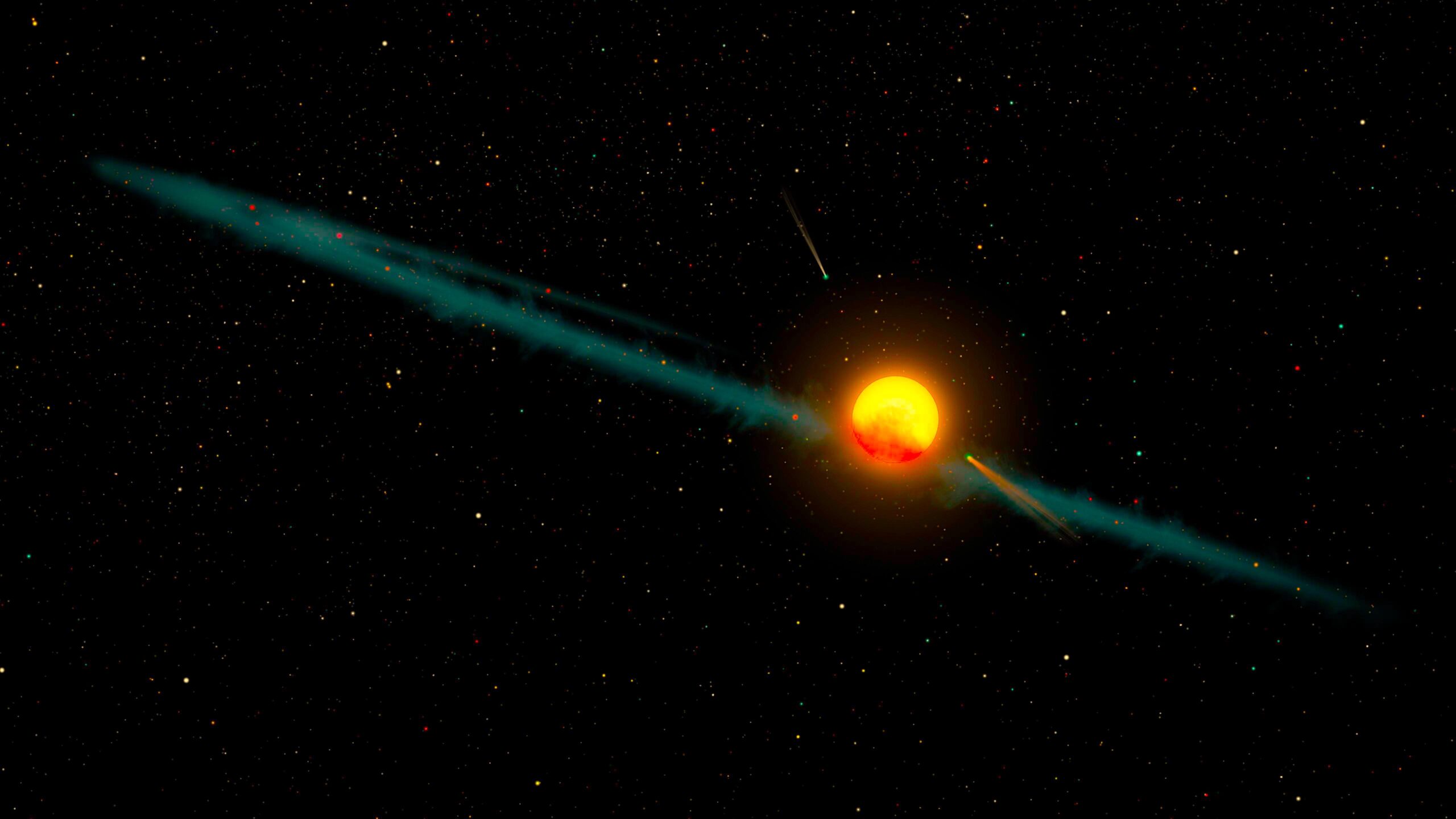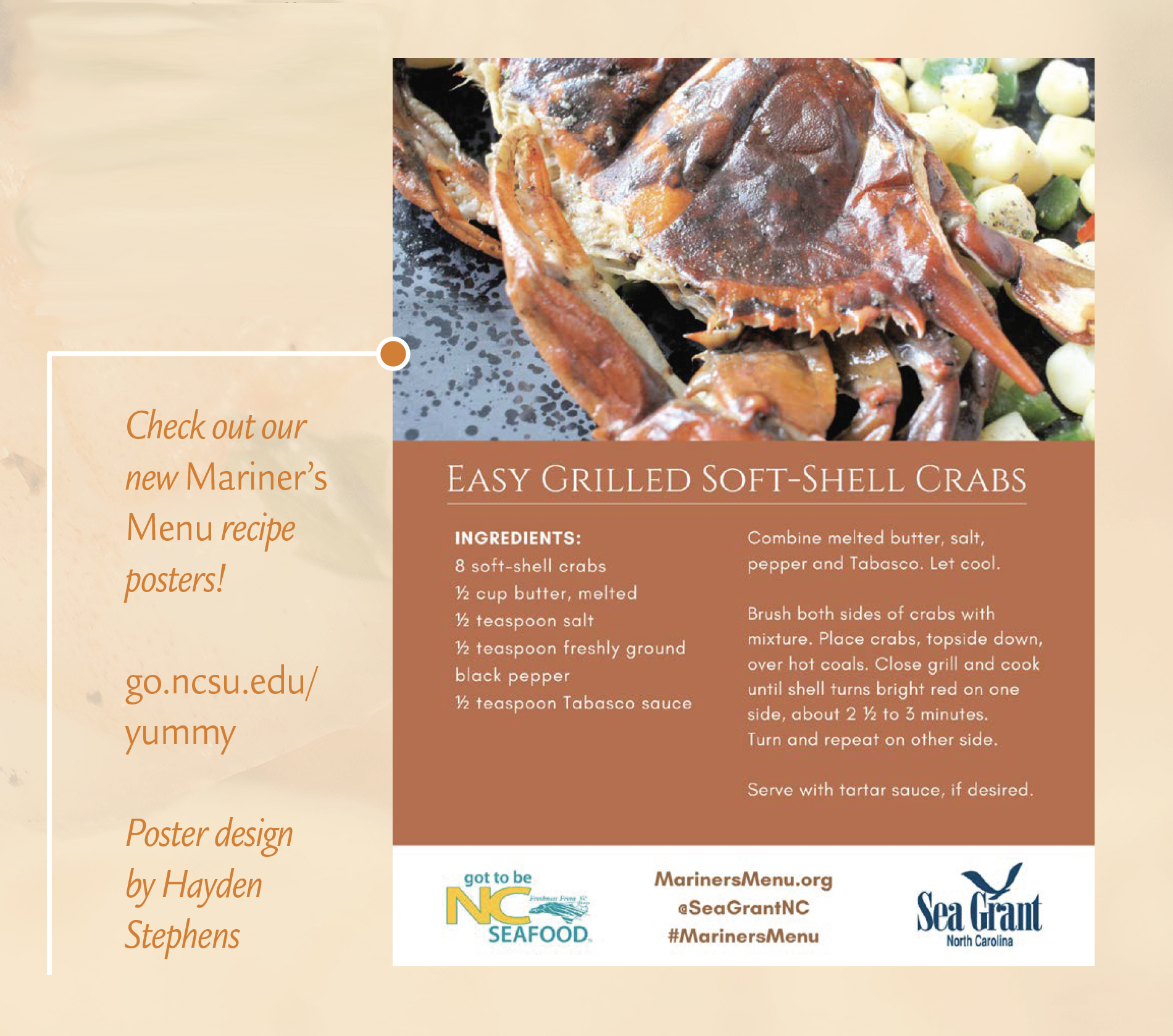Writing About Science
By TERRI KIRBY HATHAWAY
Posted Jan. 27, 2015
This week, I wrote a guest blog post for North Carolina Aquarium at Fort Fisher’s Sea Turtle Exploration website. Read an excerpt here.

I recently co-authored a book about our wonderful coast. North Carolina’s Amazing Coast: Natural Wonders from Alligators to Zoeas focuses on the flora, fauna and habitats of North Carolina’s coastal region. With 100 illustrations, this book covers a lot of territory and keeps the reader entertained. I read Georgia’s Amazing Coast in 2005 and wondered why we couldn’t do a similar one for North Carolina, and so the project was born!
Kathleen Angione, a former communicator with NC Sea Grant, and I worked with the authors of the Georgia book. We deleted some plates specific to Georgia and replaced ones found in North Carolina. For example, we substituted the spadefoot toad for the pig frog and the red wolf for the coyote.
It was great fun researching facts and figures and coming up with exactly what words to use to describe each plant or animal. We kept the text informative, yet light, including both facts and opinions.
Distinguishing between fact and opinion is an activity that can be done with all ages! Here’s an excerpt from the text for the Margined Sea Star: “The margined sea star prefers small clams, often eaten whole, but just because it’s a star doesn’t mean it has class. After a meal, it regurgitates the shells, along with sand and other indigestible materials.” Can you pick out the true facts in those two sentences? What is fact and what is opinion?
Look for a story in the upcoming Winter issue of Coastwatch that will feature species found in North Carolina’s Amazing Coast that call the salt marsh home.
- Categories:


